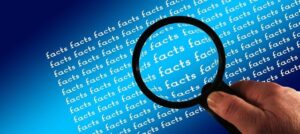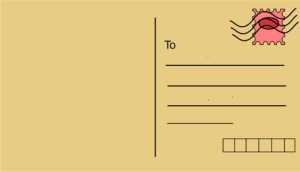Ensuring Precision: Translation Services for Drug Safety Reports in the UK
Drug safety reports are crucial for patient well-being in the UK, regulated by the MHRA with strict standards. Accurate translations of these reports are essential for regulatory compliance and public health safety, requiring skilled pharmacology tra…….
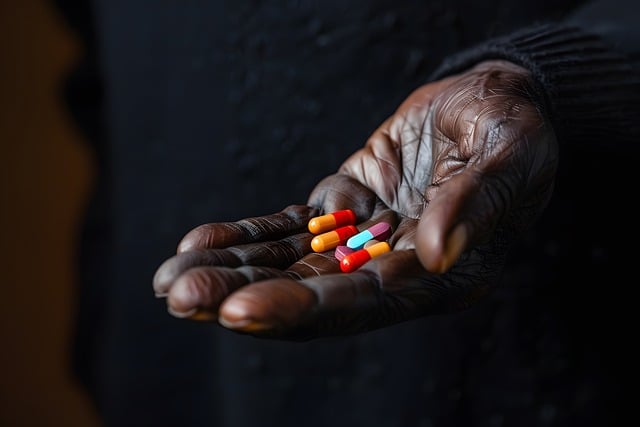
Drug safety reports are crucial for patient well-being in the UK, regulated by the MHRA with strict standards. Accurate translations of these reports are essential for regulatory compliance and public health safety, requiring skilled pharmacology translators to avoid risks. Professional translation services are vital, ensuring accurate, reliable documents through rigorous quality assurance processes. These services employ advanced tools like AI-powered machine translation and localization techniques to meet high industry standards. Case studies demonstrate the impact of effective multilingual communication in the pharmaceutical sector, with technology driving future advancements in translation services for Drug Safety Reports UK.
“Ensuring the accuracy of safety report translations is paramount in the UK pharmaceutical industry, where clear communication is vital. This article delves into the intricacies of translating drug safety reports, a critical aspect of regulatory compliance. We explore the significance of these reports and how professional translation services play a game-changer role. From understanding technical challenges to implementing quality assurance, we provide insights into successful translations within the UK industry. Additionally, we look at future trends, highlighting innovations that enhance the accuracy and efficiency of drug safety report translation services.”
- Understanding Drug Safety Reports and Their Regulatory Significance in the UK
- The Role of Professional Translation Services in Ensuring Accuracy
- Challenges in Translating Technical Documentation for Drug Safety
- Quality Assurance Measures for Accurate Drug Safety Report Translations
- Case Studies: Examining Successful Translations in the UK Pharmaceutical Industry
- Future Trends and Innovations in Drug Safety Report Translation Services
Understanding Drug Safety Reports and Their Regulatory Significance in the UK
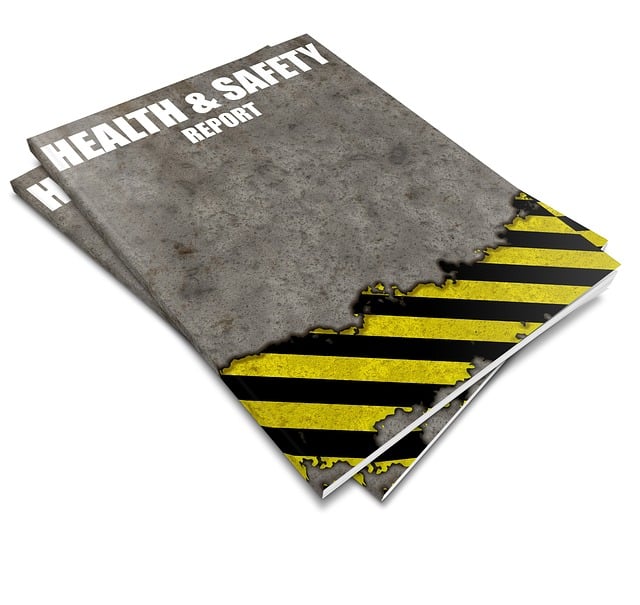
Drug safety reports play a pivotal role in ensuring the well-being of patients in the UK. These comprehensive documents meticulously detail the potential risks and benefits associated with pharmaceutical products, providing crucial insights for healthcare professionals and regulatory bodies alike. In the UK, the Medicines and Healthcare products Regulatory Agency (MHRA) is responsible for evaluating and regulating these reports, upholding stringent standards to safeguard public health.
Accurate translation services for Drug Safety Reports in the UK are of utmost importance due to their intricate nature and the strict regulatory environment. Professional translators with specialized knowledge in pharmacology and medical terminology must handle these translations to ensure precision and compliance. This is essential as any errors or misinterpretations could lead to serious consequences, including potential health risks and legal implications.
The Role of Professional Translation Services in Ensuring Accuracy
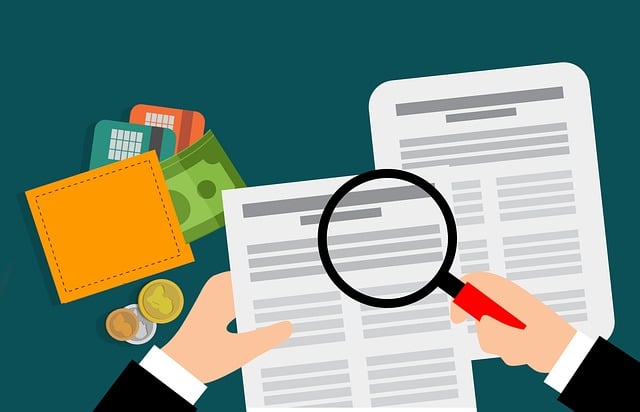
Professional translation services play a pivotal role in ensuring the accuracy and reliability of drug safety reports within the UK. When it comes to regulatory documents like these, precision is non-negotiable. Any errors or misunderstandings can have severe consequences for pharmaceutical companies, including legal repercussions and damage to public trust.
Specialized translators with expertise in the life sciences and pharmacology are essential to navigate the complex terminology and nuanced context of drug safety reports. They employ not just linguistic proficiency but also a deep understanding of the industry’s specific requirements. These services go beyond simple word-for-word translation, involving careful adaptation to ensure the translated report maintains its original meaning, structure, and compliance with UK regulations.
Challenges in Translating Technical Documentation for Drug Safety

Technical documentation in drug safety reports is notoriously complex and nuanced, presenting unique challenges for translators. These documents often contain specialized terminology related to pharmacology, toxicology, and clinical trials, which require a deep understanding of both the source and target languages. Inaccurate translations can lead to misinterpretation of data, potentially impacting regulatory decisions and patient safety.
Translation services for Drug Safety Reports UK must not only capture the precise meaning of scientific concepts but also adhere to strict industry standards and regulations. Professional translators specializing in this field are essential to ensure accuracy, consistency, and compliance. They employ meticulous quality assurance processes, including peer review and terminology management, to deliver reliable translations that meet the stringent requirements of the pharmaceutical industry.
Quality Assurance Measures for Accurate Drug Safety Report Translations

Ensuring accurate translations for drug safety reports is paramount, especially within the stringent regulatory environment of the UK. Reputable translation services for Drug Safety Reports UK implement robust Quality Assurance (QA) measures to guarantee precision and reliability. These processes involve multiple layers of review by expert linguists who are not only fluent in the target languages but also possess specialized knowledge in pharmacovigilance and drug safety reporting.
Rigorous QA protocols include text alignment with source documents, cross-referencing against industry standards and terminologies, and meticulous proofreading to catch any subtle errors or discrepancies. Additionally, these services may employ advanced tools like machine translation platforms followed by human post-editing to enhance speed and efficiency while maintaining accuracy. Regular training sessions on latest industry trends and regulatory updates further equip translators to deliver translations that meet the UK’s high safety reporting standards.
Case Studies: Examining Successful Translations in the UK Pharmaceutical Industry
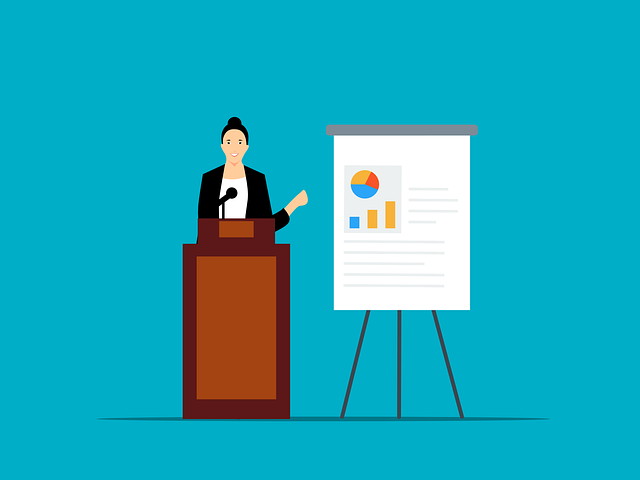
In the dynamic landscape of the pharmaceutical industry, ensuring clear and precise communication is paramount, especially when it comes to safety reports. Translation services for Drug Safety Reports UK play a pivotal role in facilitating effective communication across languages, ensuring that critical information reaches all stakeholders accurately. Case studies from within the UK pharmaceutical sector highlight the success of these translation services.
One notable example involves a leading drug manufacturer who faced the challenge of translating complex safety data for a new medication into multiple European languages simultaneously. By engaging professional translation services, they achieved seamless and consistent communication across all markets, streamlining regulatory processes and speeding up market access. This case underscores the importance of accurate translations in navigating the stringent requirements of global pharmaceutical regulations while maintaining message integrity.
Future Trends and Innovations in Drug Safety Report Translation Services
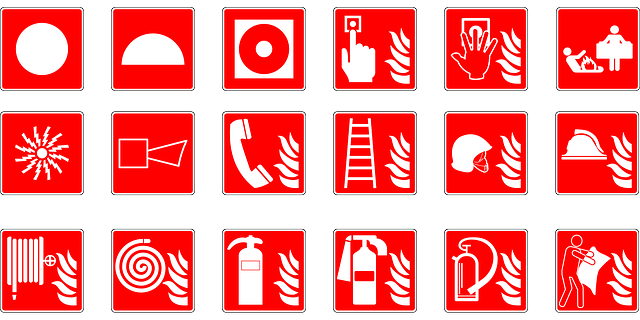
The future of drug safety report translation services in the UK looks set to be shaped by several innovative trends and technologies. With the increasing globalisation of clinical trials, there is a growing demand for accurate and efficient translations of safety reports, labels, and consent forms. Advanced machine translation (MT) tools powered by artificial intelligence (AI) will play a pivotal role in this regard, offering more precise and contextually appropriate outputs than ever before. These AI-driven systems can learn from vast datasets, adapt to different languages, and even capture nuanced medical terminology.
Moreover, human translators will remain integral to the process, ensuring that translated documents are not only linguistically accurate but also culturally sensitive and compliant with local regulations. The integration of translation memory (TM) tools and localization techniques will enhance consistency across multiple projects, reduce costs, and speed up turnaround times. As technology evolves, we can expect even more sophisticated solutions that leverage natural language processing (NLP), allowing for automated extraction of critical safety data from complex reports, further streamlining the translation process for drug safety report services in the UK.
In conclusion, ensuring accurate translations of drug safety reports is paramount for effective communication within the UK pharmaceutical industry. Professional translation services play a pivotal role in navigating the complex regulatory landscape, overcoming technical challenges, and maintaining data integrity. Through stringent quality assurance measures and innovative approaches, these services foster trust and compliance. Examining successful case studies highlights the impact of precise translations on regulatory approvals and market access. As the industry evolves, embracing emerging technologies and trends will further enhance the accuracy and efficiency of translation services for drug safety reports in the UK.


